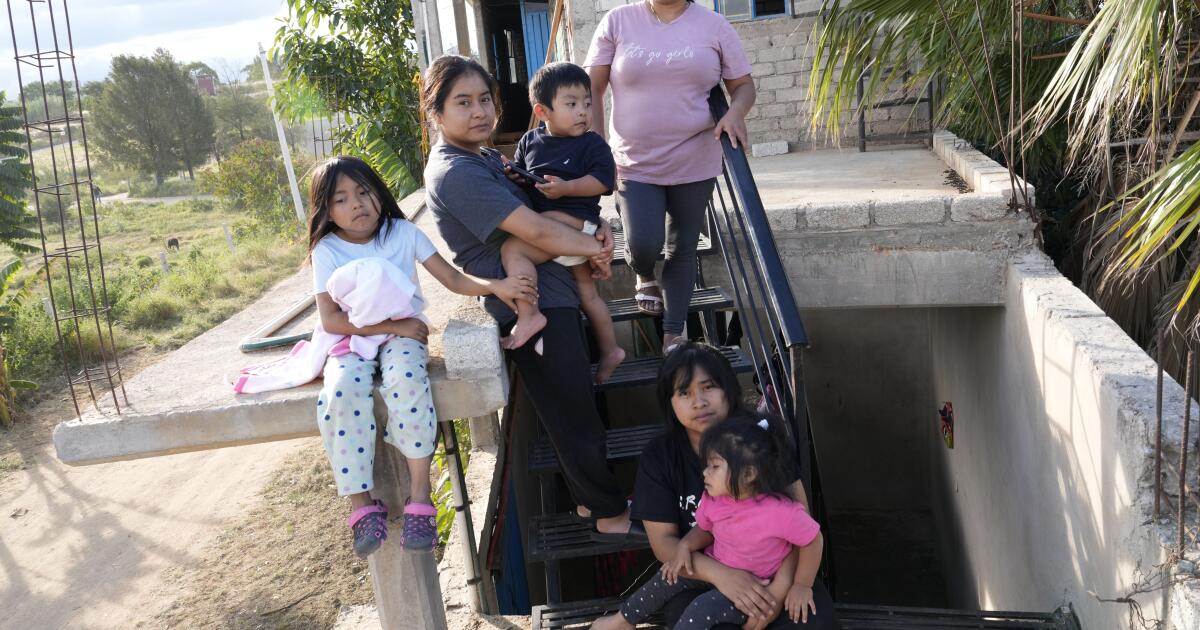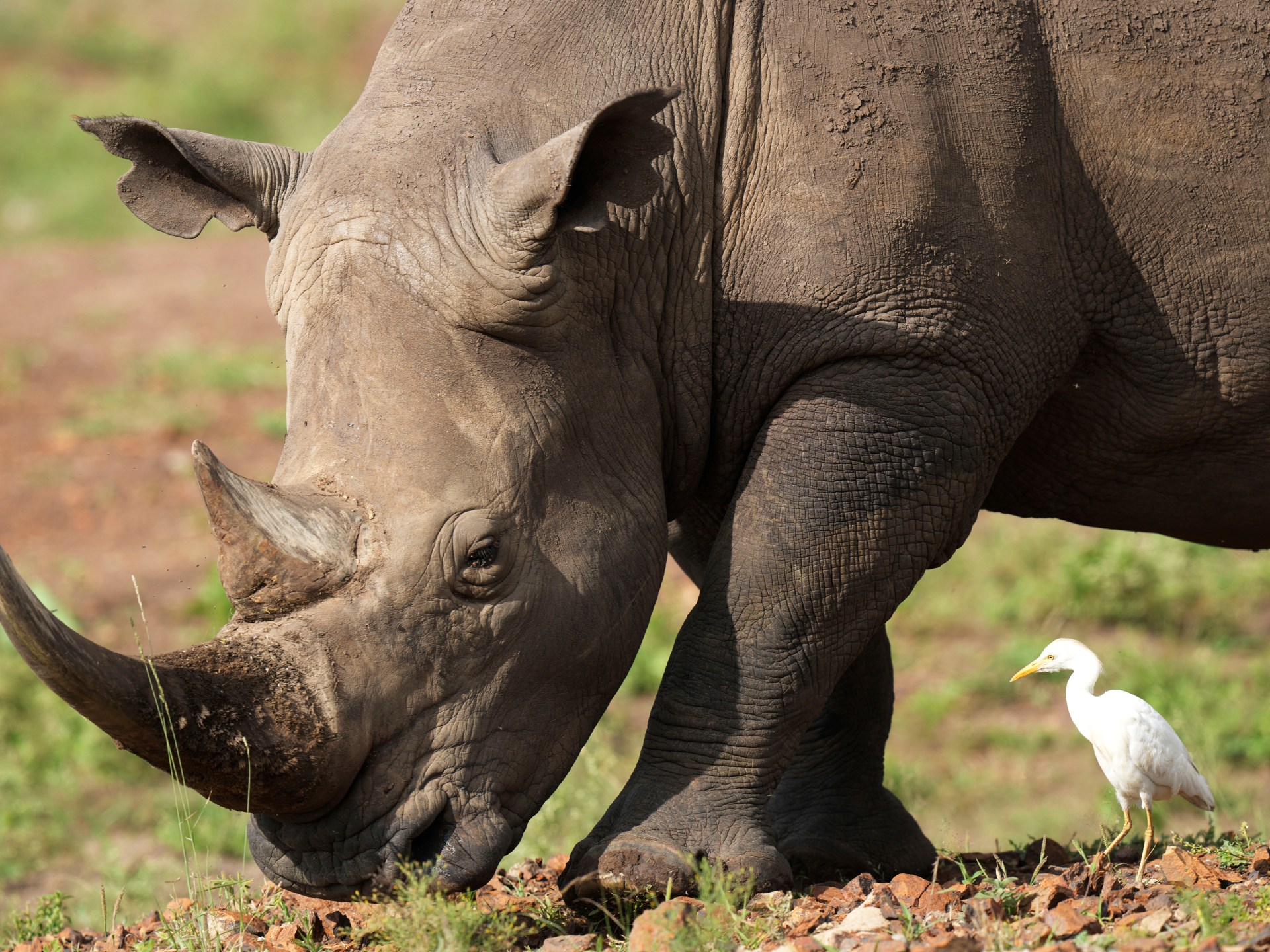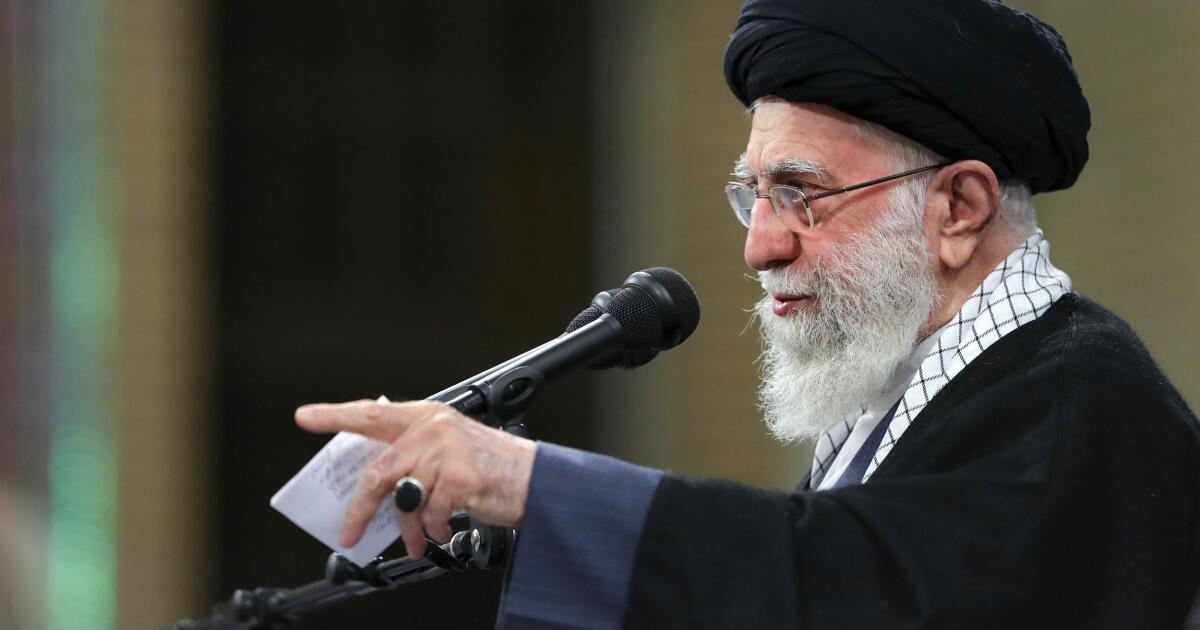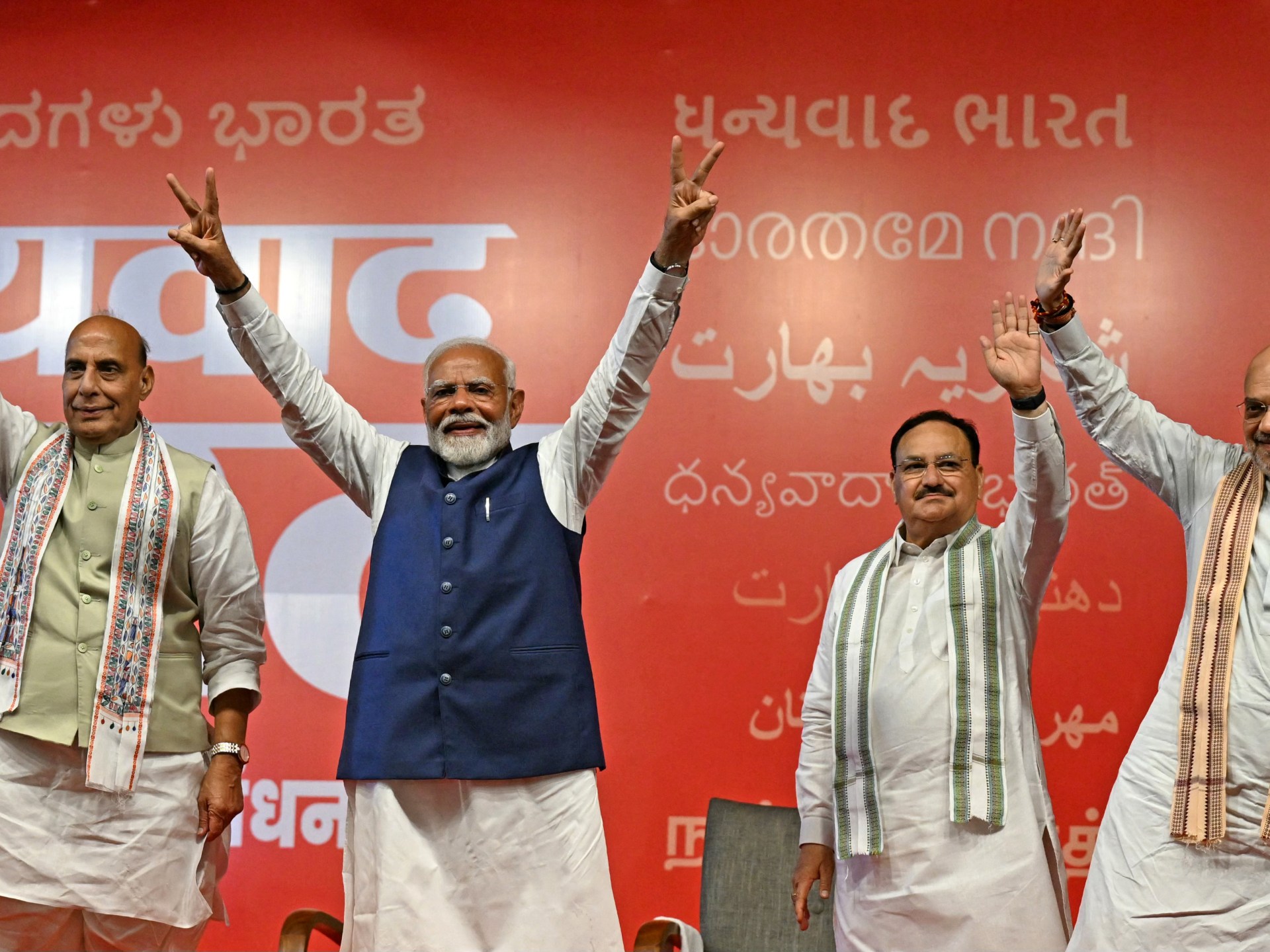A meeting of senior military and civilian leaders is being held following Pakistan's retaliatory attacks on armed groups in Iran.
Pakistan's top military and civilian leaders will carry out a national security review into the standoff with Iran after neighboring countries targeted each other with missile strikes that have raised fears of greater instability across the region.
Acting Prime Minister Anwaar-ul-Haq Kakar called the meeting on Friday, a day after the nuclear-armed nation launched attacks on hideouts of armed groups in Iran's Sistan-Baluchestan province, killing at least nine people. .
Pakistan's retaliatory action followed Iran's airstrikes against the Jaish al-Adl armed group in Pakistan's southwestern border province of Balochistan, which left two people dead.
A security official said the meeting will be attended by the army chief of staff and the head of the intelligence services, the AFP news agency reported.
Kakar cut short his visit to the World Economic Forum in Davos, Switzerland, after the attack.
The retaliatory attacks have been the largest cross-border intrusions in recent years and have raised alarm about greater instability in the Middle East since war between Israel and Hamas broke out on October 7.
However, both Pakistan and Iran have expressed their desire to calm tensions.
Iran's Foreign Ministry said on Thursday it was committed to maintaining good-neighborly relations with Pakistan, but called on Islamabad to prevent the establishment of “terrorist bases” on its territory.
Pakistan issued a similar statement, and its Foreign Ministry said its “sole” reason for the retaliatory strikes was “the pursuit of Pakistan’s own security and national interest, which is paramount and cannot be compromised.”
China, a close ally of both Pakistan and Iran, said it was willing to mediate.
United Nations Secretary-General Antonio Guterres urged the two countries to “exercise maximum restraint to avoid a further escalation of tensions.”
Guterres “underlines that all security concerns between the two countries must be addressed by peaceful means, through dialogue and cooperation, in accordance with the principles of sovereignty, territorial integrity and good neighborly relations,” said the UN spokesman. , Stephane Dujarric.












